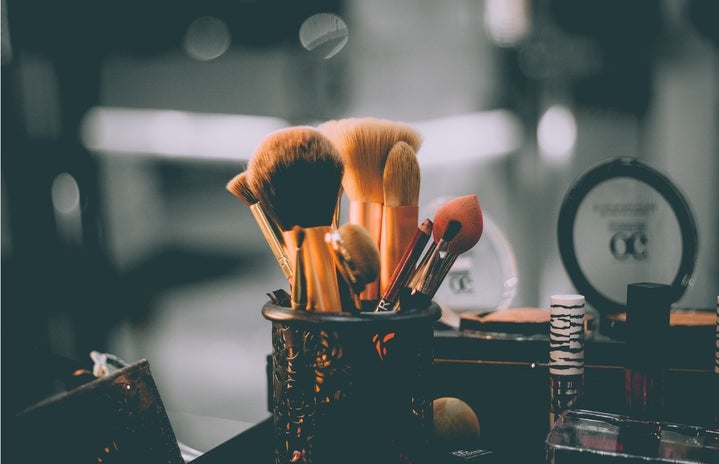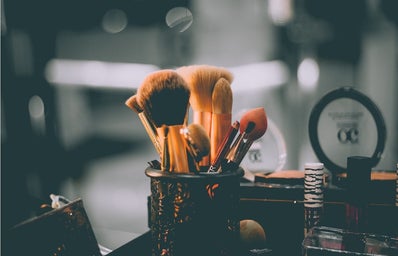Walking down your typical grocery store or pharmacy beauty aisle, the average consumer is likely to see a great dichotomy between the types of skincare products that claim to be “natural” and those that are not. Although they may perform similar functions, the great variation in skincare is due to the growing trend toward organic and natural health and lifestyle commodities, and away from harsh chemicals. Over the last decade, many companies have majorly subscribed to this trend, often launching new lines of products and revamping their old ones to fit the needs of the public — a public that is increasingly becoming more informed and vocal with the desire for healthier alternatives.
My first question, and likely the first question of many, is this: are the substances in regular skincare products really that bad if they are permitted by the federal government and purchased by thousands on a daily basis? Wouldn’t we know if there were extremely harmful chemicals lurking in our moisturizers? The answer is yes — and no. According to a Today.com interview with Food and Drug Administration (FDA) press officer Lauren Sucher, the federal authorities have limited resources when it comes to dealing with potentially dangerous substances. Contrary to popular belief, the FDA actually does not approve all products before they are sold to the public, nor can they directly recall a problem item.
As Sucher explains in the interview, “We can ask a company to recall a problem product, and we’ll work with them to make sure the recall is effective,” but they cannot actually do this duty themselves. Shockingly, many cosmetic industry giants can “use any ingredient they choose,” except for a few that are obviously harmful. Other than that, it’s fair game. However, it is obvious that skincare companies aren’t out to get us; if people regularly had bad reactions to their cosmetics and cleansers, they would doubtlessly succumb to financial ruin. So it isn’t to say that our products are dangerous — it just means there may occasionally be a chemical we don’t know about and assume is regulated.
So what about those “natural” skincare products we see on the shelves? Often, natural products openly advertise their disuse of trigger-sounding chemicals like parabens, synthetic colors, fragrances, phthalates, and triclosan, all of which have been linked to harmful side effects in recent scientific research. The overarching problem with most of these substances is that, once absorbed into the body, they become endocrine disruptors and change the way our hormones act. In the same Today.com article, the Endocrine Society wrote, “Emerging evidence ties endocrine-disrupting chemical exposure to two of the biggest health threats facing society — diabetes and obesity.” They may also be connected to infertility and some cancers, just as parabens have been linked to breast cancer.
Yikes, that doesn’t sound good. While all this may be true, the FDA has yet to publish any conclusive evidence confirming these findings, and retains their stance that all popular skincare products (whether they be natural or not) are completely safe when used as intended. While this is a hotly disputed — and relatively new — topic on people’s minds, the takeaway for now is to simply listen to your body and actually read the labels on what you’re buying until more information is available. If you don’t like a product and prefer it be paraben-free, don’t use it. If you accidentally use something with synthetic colors, don’t freak out just yet: even the FDA doesn’t know if it’s bad.


